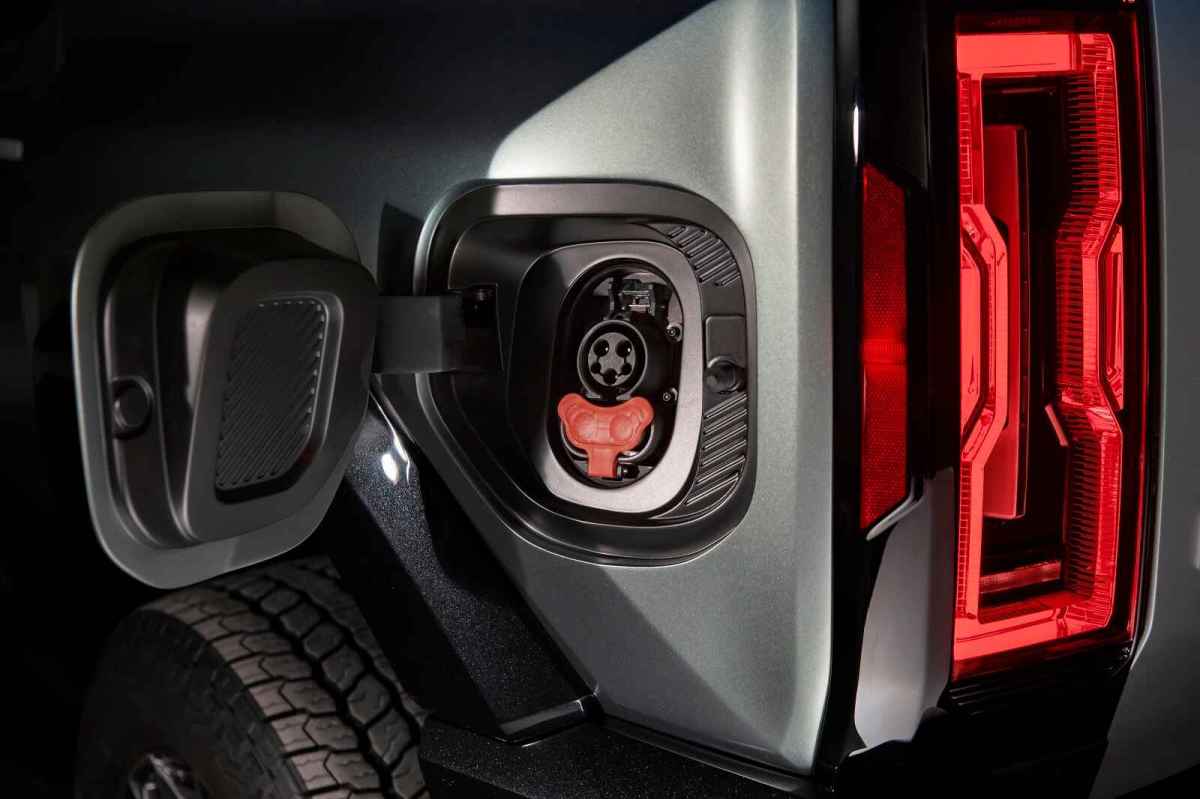And surprisingly, one of the least environmentally friendly cars on the road is an electric vehicle (EV). Despite the common belief that EVs are always better for the environment due to their lack of tailpipe emissions, the production and disposal of these vehicles can have significant negative impacts on the environment.
The environmental impact of EVs begins at the production stage. The production of electric vehicles involves the sourcing and processing of materials such as lithium, cobalt, and nickel, which are essential components of EV batteries. The mining of these materials can result in deforestation, habitat destruction, and water pollution. Additionally, the manufacturing process of EVs requires a significant amount of energy, which often comes from fossil fuels, leading to greenhouse gas emissions.
Another factor to consider is the electricity used to charge EVs. While EVs themselves produce zero tailpipe emissions, the electricity used to charge them may come from sources that are not environmentally friendly, such as coal-fired power plants. In regions where the electricity grid is not powered by renewable energy sources, charging an EV can still contribute to air pollution and greenhouse gas emissions.
The disposal of EV batteries is another environmental concern. EV batteries contain toxic chemicals that can be harmful to the environment if not properly disposed of or recycled. Improper disposal of EV batteries can lead to soil and water contamination, posing risks to human health and wildlife.
Despite these environmental challenges, there are ways to mitigate the negative impacts of EVs. One solution is to improve the sustainability of EV battery production by sourcing materials responsibly and implementing more efficient manufacturing processes. Another solution is to promote the use of renewable energy sources for charging EVs, such as solar or wind power. Additionally, developing better recycling and disposal methods for EV batteries can help reduce the environmental impact of their end-of-life cycle.
In conclusion, while EVs are generally considered to be more environmentally friendly than traditional gasoline vehicles, they are not without their own environmental challenges. Addressing these challenges requires a holistic approach that considers the entire lifecycle of EVs, from production to disposal. By implementing sustainable practices at each stage, we can minimize the negative environmental impacts of electric vehicles and work towards a cleaner, greener transportation future.
